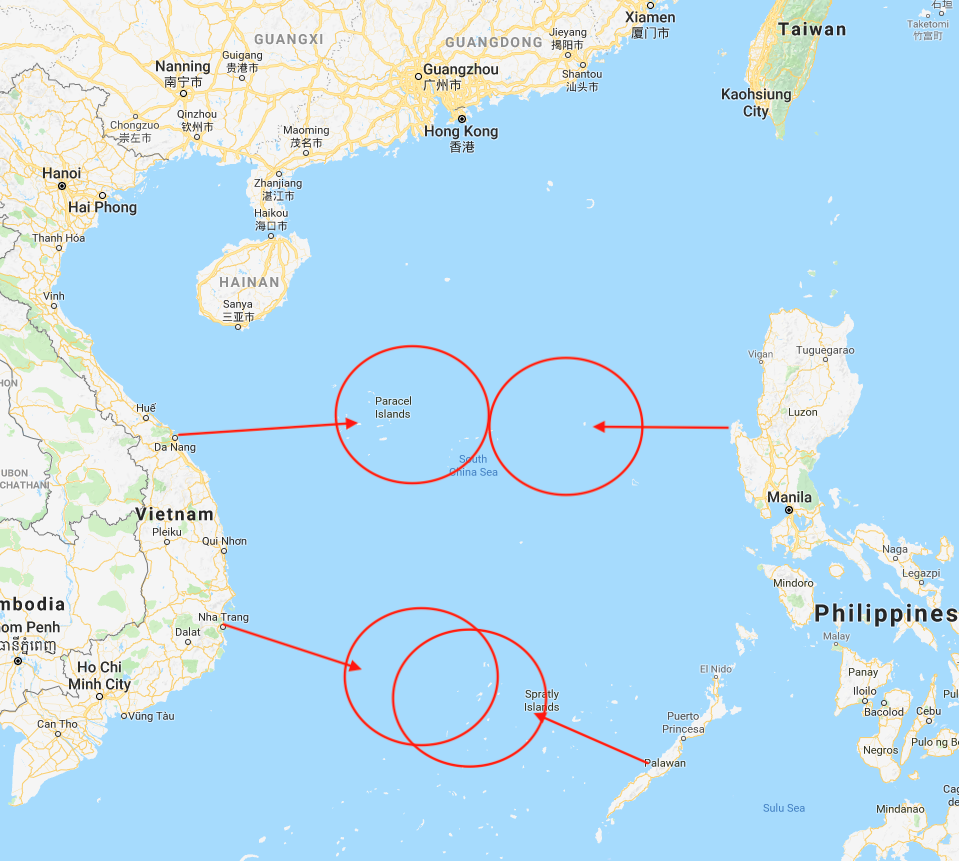In response to China’s aggressive military exercise last week, in which its air force landed bomber aircraft on islands in the Paracel Island chain of the South China Sea, the U.S. should negotiate with Vietnam and the Philippines toward stationing long-range missiles on their soil.
Those missiles would allow the U.S. to play China at its own game: dangling a military veto over the transit of Chinese commercial and military elements through the South China Sea if China attempted to do the same to the U.S. or its allies. The purpose here would not be to instigate a conflict with China but rather to deter China from doing that which it wishes to do. Namely, using its island construction and militarization campaign in the South China Sea to economically and diplomatically pressure regional nations to kneel to its influence.
Vietnam and the Philippines are key to any U.S. action in response, in that they are losing patience with China’s activities and have the territorial proximity to allow U.S. missile platforms to operate effectively. Moreover, there is good cause to believe that Hanoi and Manila might soon welcome and approve a U.S. missile deployment request.
Responding to the Chinese bomber exercise, the Philippines stated that it is “taking necessary diplomatic actions” and “reiterate [its] commitment to protect every single inch of our territory and areas which we have sovereign rights over.”
Vietnam? It “demands that China stop these activities, cease militarization of the area, and strictly respect Vietnam’s sovereignty over [the area].”
Yet the simple fact here is that only the U.S. has the match of military capability and deterrent credibility to alter Chinese behavior. And long-range missiles offer the best means of action. The near-term U.S. missile capabilities that will come into service over the next few years center on the army’s “long range precision fire” system which could target Chinese runways and structures in the Paracel and Spratly islands. But there’s also the navy’s long-range anti-ship and anti-air missile programs which could strike Chinese vessels and aircraft from afar.
These missiles would enable the U.S. to deter Beijing from dominating the region and its vast global trade flows. In simple terms, the U.S. missile deployments would allow President Trump to tweet President Xi, “If you want to play this game, we will play with you.” As a rough example, consider this map below, which illustrates how U.S. missile deployments could provide dominant striking reach over the South China Sea.

The objective here is to ensure that China realizes it cannot rule over democratically elected governments and dictate trade policy in its own singular favor. But just as he wielded the arrows, Trump could also offer China an olive-branch deal: “Remove your military forces from the islands, and we’ll remove our missiles.”

